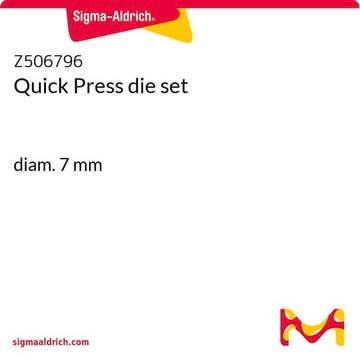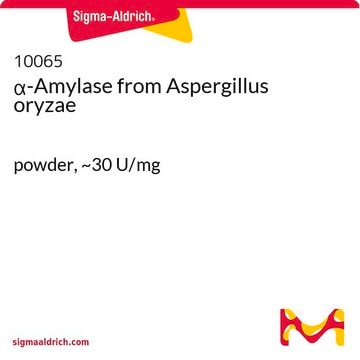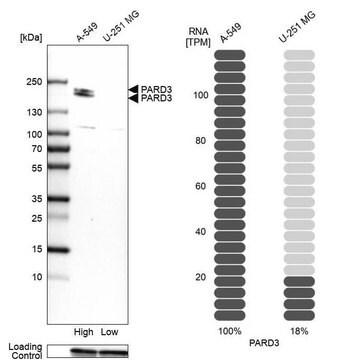MABD45
Anti-DDPIV/CD26 Antibody, clone 9F1.2
clone 9F1.2, from mouse
Synonyma:
Dipeptidyl peptidase 4, ADABP, Adenosine deaminase complexing protein 2, ADCP-2, Dipeptidyl peptidase IV, DPP IV, T-cell activation antigen CD26, TP103, CD26, Dipeptidyl peptidase 4 membrane form, Dipeptidyl peptidase IV membrane form, Dipeptidyl peptida
About This Item
Doporučené produkty
biological source
mouse
Quality Level
antibody form
purified immunoglobulin
antibody product type
primary antibodies
clone
9F1.2, monoclonal
species reactivity
human
technique(s)
western blot: suitable
isotype
IgG2aκ
NCBI accession no.
UniProt accession no.
shipped in
wet ice
target post-translational modification
unmodified
Gene Information
human ... DPP4(1803)
Související kategorie
General description
Specificity
Immunogen
Application
Stem Cell Research
Endothelial Stem Cells
Quality
Western Blotting Analysis: 2.0 µg/mL of this antibody detected DDPIV/CD26 in 10 µg of PC3 cell lysate.
Target description
Physical form
Storage and Stability
Other Notes
Disclaimer
Ještě jste nenalezli správný produkt?
Vyzkoušejte náš produkt Nástroj pro výběr produktů.
Storage Class
12 - Non Combustible Liquids
wgk_germany
WGK 1
flash_point_f
Not applicable
flash_point_c
Not applicable
Osvědčení o analýze (COA)
Vyhledejte osvědčení Osvědčení o analýze (COA) zadáním čísla šarže/dávky těchto produktů. Čísla šarže a dávky lze nalézt na štítku produktu za slovy „Lot“ nebo „Batch“.
Již tento produkt vlastníte?
Dokumenty související s produkty, které jste v minulosti zakoupili, byly za účelem usnadnění shromážděny ve vaší Knihovně dokumentů.
Náš tým vědeckých pracovníků má zkušenosti ve všech oblastech výzkumu, včetně přírodních věd, materiálových věd, chemické syntézy, chromatografie, analytiky a mnoha dalších..
Obraťte se na technický servis.








